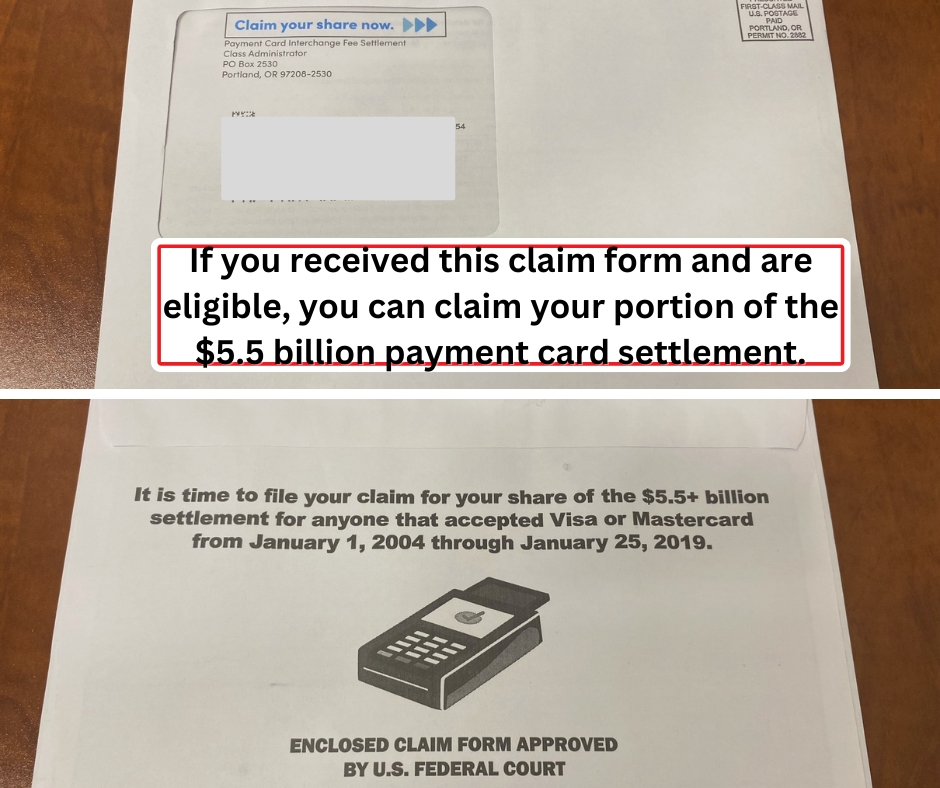In today’s digital economy, the use of payment cards has become ubiquitous. Not only do they offer convenience to consumers, but they also serve as a vital mechanism for businesses to streamline transactions. However, one significant aspect that often perplexes merchants and consumers alike is the interchange fee associated with payment card transactions. This article delves into the legitimate workings of payment card interchange fee settlements in the USA, providing insights, tips, and comprehensive comparisons to enhance your understanding.
What is an Interchange Fee?
An interchange fee is a fee charged to merchants by banks for processing credit and debit card payments. This fee is typically determined by card networks like Visa, MasterCard, and others. Understanding how these fees operate can help merchants make informed decisions when selecting payment processing services.
How Interchange Fees Work
When a consumer uses a credit card to make a purchase, the merchant’s bank pays the consumer’s bank a small fee, known as the interchange fee. This fee compensates the consumer’s bank for processing the transaction and managing the risk of fraud. The interchange fee is generally a percentage of the transaction plus a fixed amount.

Factors Influencing Interchange Fees
- Type of card used (credit vs. debit)
- Transaction size
- Merchant category
- Method of transaction (in-person vs. online)

The Legitimacy of Interchange Fee Settlements
Interchange fee settlements are legal and widely practiced within the payment card industry. However, the legitimacy of these fees can come under scrutiny, particularly among small businesses. So, what makes these fees legitimate?

Legal Framework
The legality of interchange fees is supported by several regulatory frameworks in the United States, including:

- The Durbin Amendment
- The Electronic Fund Transfer Act (EFTA)
- The Credit Card Accountability Responsibility and Disclosure (CARD) Act
These laws regulate how banks can charge interchange fees, ensuring that they remain fair and transparent.

Comparing Interchange Fees: A Guide for Merchants
It’s essential for merchants to understand that interchange fees vary significantly across different payment methods and industries. Below is a comprehensive comparison of common interchange fee structures.

| Card Type | Typical Fee (Percentage + Fixed Fee) | Legitimacy and Regulation |
|---|---|---|
| Credit Card | 1.5% + $0.10 | Regulated under the CARD Act |
| Debit Card | 0.5% + $0.22 | Durbin Amendment applies |
| Rewards Cards | 1.75% + $0.10 | Higher risk, thus higher fees |
Platforms and Services for Payment Card Processing

A variety of platforms and services are available to handle payment card processing. Let’s explore some popular options, focusing particularly on their interchange fee structures and legitimacy.
Top Payment Processing Platforms
- Square: Known for its transparent pricing model and ease of use.
- PayPal: Offers various payment solutions with competitive interchange fees.
- Stripe: Popular among developers, providing extensive customization options.
- Chase Paymentech: Ideal for businesses with high transaction volumes.
Comparison of Payment Processing Platforms
| Platform | Average Interchange Fee | Notable Features |
|---|---|---|
| Square | 2.6% + $0.10 | POS integration; no monthly fees |
| PayPal | 2.9% + $0.30 | Widely accepted; user-friendly |
| Stripe | 2.9% + $0.30 | Developer-centric; flexible API |
| Chase Paymentech | Varies | Excellent support; robust fraud protection |
Pros and Cons of Payment Card Interchange Fees
Pros
- Facilitates seamless transactions
- Provides a safety net against fraud for banks
- Encourages the adoption of cashless payments
Cons
- Can be costly for small businesses
- Lack of transparency in fee structures
- Potential for hidden charges and complexities
Tips for Managing Interchange Fees
While interchange fees are a reality, there are strategies merchants can adopt to manage and potentially reduce these costs:
1. Choose the Right Payment Processor
Selecting a processor with transparent pricing and favorable interchange rates can significantly impact your bottom line.
2. Understand Your Card Mix
Being aware of the types of cards your customers use can help identify patterns and potential savings opportunities.
3. Leverage Technology
Utilizing advanced payment processing technology can streamline transactions and reduce costs.
4. Negotiate Fees
Don’t hesitate to negotiate with your payment processor for lower rates, especially if you have a high transaction volume.
Frequently Asked Questions (FAQs)
What is the average interchange fee in the USA?
The average interchange fee in the USA varies but generally ranges from 1.5% to 3.5% depending on various factors.
Are interchange fees negotiable?
Yes, many payment processors allow for negotiations, especially for businesses with higher transaction volumes.
How can interchange fees impact small businesses?
Interchange fees can lead to reduced profit margins for small businesses, making it crucial to find favorable rates.
Conclusion
Understanding payment card interchange fee settlements is crucial for both consumers and merchants. While these fees can sometimes appear daunting, having a solid grasp of their legitimacy, structure, and management strategies can turn them into a manageable aspect of running a business. By leveraging the right platforms and tools, you can optimize your payment processing and enhance your overall business performance.
For more detailed insights into interchange fees and the payment processing landscape, consider accessing resources like the NACHA and various financial industry reports.